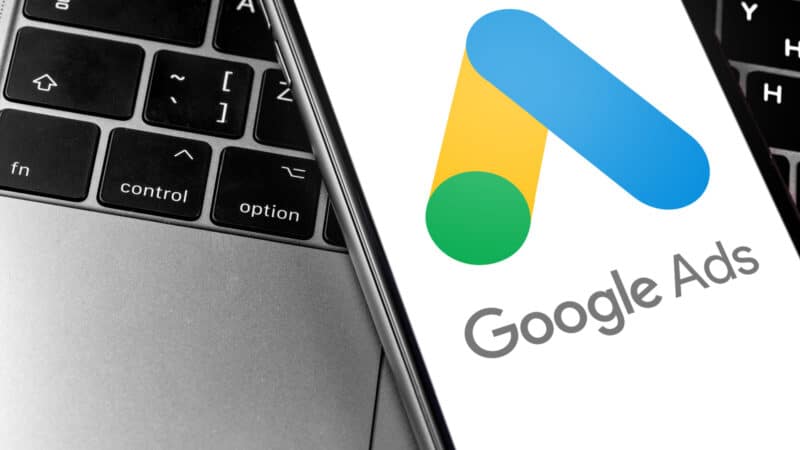
The Countdown to Google’s Ads API v18 Shutdown: What Developers Need to Know
On August 20, Google will officially discontinue Ads API version 18, a development that presents significant implications for developers and advertisers still relying on this outdated version. After the cutoff date, any applications not migrated to a newer version will fail to process API requests, leading to disrupted reporting and the potential cessation of ad campaigns that depend on this integration.
The first and most crucial point to grasp is the urgency surrounding this migration. Developers using API v18 must prioritize upgrading to a newer version before the deadline. The functionality of managing and automating Google Ads campaigns could be severely impacted if this transition is not made promptly. The immediate risk is that ad performance may plummet, resulting in financial setbacks for businesses that rely on these tools.
To facilitate this transition, Google has rolled out several resources. These include comprehensive upgrade guides, detailed release notes, and real-time tracking of API usage through Google Cloud Console. Moreover, developers can check their API usage history, allowing for a proactive assessment of dependencies—an invaluable aspect that could prevent surprises as the deadline approaches.
Failure to transition by the August 20 deadline could lead to a total inability to access ad operations. This stark reality highlights the critical need for developers and marketers to act swiftly to ensure the smooth continuation of their advertising efforts. Without migration, businesses risk considerable downtime that may affect their competitive edge.
Beyond the immediate API migration, this situation also underscores a broader trend within digital marketing: the increasing importance of streamlined link management tools. URL shorteners and link management systems are becoming vital for effectively tracking ad campaigns and optimizing performance. By utilizing custom domain shorteners or professional tools like tiny URLs, advertisers can ensure their messages remain concise and engaging, enhancing click-through rates.
Additionally, as advertising evolves, developers should consider integrating features that ensure short links resonate with branding strategies. Ensuring that URLs remain user-friendly while being effective can lead to enhanced user engagement, driving better campaign results. Such considerations are especially pertinent as marketers prioritize analytics and performance metrics, using URL tools to gauge the effectiveness of their outreach strategies.
As the August deadline looms, developers and advertisers must remain proactive. The consequences of inadequate planning could be detrimental, emphasizing the pivotal role of technical proficiency in navigating these changes adeptly.
#BitIgniter #LinksGPT #UrlExpander #UrlShortener #DigitalMarketing #AdTech
In conclusion, the announcement serves as a crucial reminder of the ever-evolving landscape of digital advertising tools. The path forward is clear: upgrade now, or risk falling behind in an increasingly competitive market.
Want to know more: Read More

